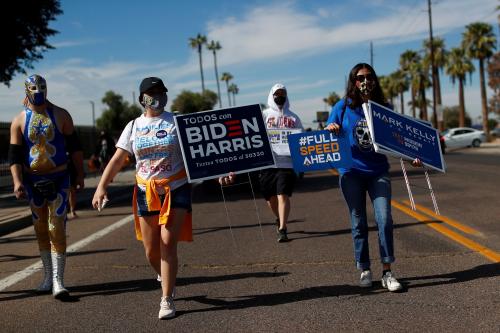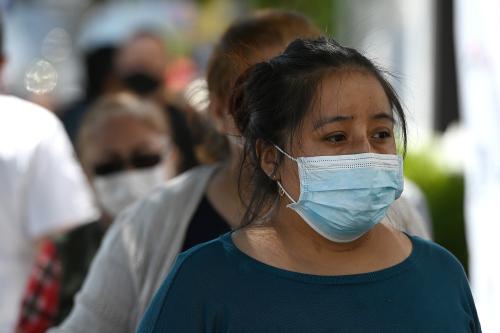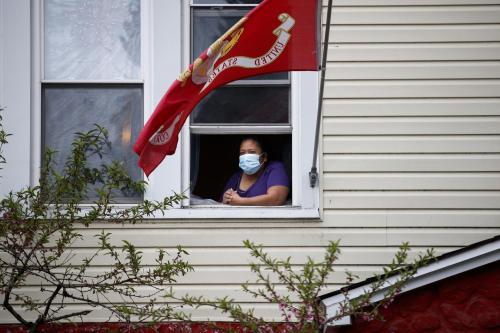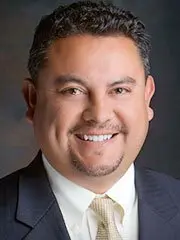In the wake of the 2020 Election results there will be a lot of post-mortem analyses of Latino voters. What has become clear is that Latino voters were highly motivated to vote and were very focused on two critical policy issues. Just second to COVID-19 response/relief, which was the most important issue on the minds of Latino voters in 2020, the cost of health care was identified as one of the most salient policy issues among 32% of Election Eve Survey respondents. This is consistent with the 2018 Election Eve Poll where health care costs were tied for the most important issue for Latino voters, alongside the economy and jobs.
In addition to the direct impact of the virus on the health of the Latino electorate, Latinos have also been devastated economically by the economic down-turn associated with the pandemic. The Election Eve poll identifies the economic stress that is being felt across Latino communities as they cast their ballots in 2020.
- 25% of Latino voters reported that they have lost their job
- 42% of Latino voters had their work hours cut, or pay cut, but kept job
- 20% of Latino voters had to temporarily or permanently close my business or my self-employment
- 25% of Latino voters are currently unemployed and looking for work
As we have found in our COVID-19 surveys over the past several months, the high job losses among Latino families has led to a significant drop in health coverage. We have found as high as 37% percent of Latino families losing their employer provided health insurance since the Coronavirus outbreak, making the fate of the ACA vital to Latinos.
Although the passage and implementation of the Affordable Care Act (ACA) has significantly increased the percentage of Latinos with health insurance, Latinos continued to face lower rates of insurance coverage than the general US population even before COVID-19 rocked the nation. In 2017 for example, it was estimated that 25 percent of the Latino population under the age of 65 was uninsured, compared with only 8 percent of the white population. A significant sub-group of the un-insured Latino population are undocumented Latinos, who have not benefited from the ACA. In fact, nearly half of all undocumented immigrants in the United States lack health insurance compared to 10% of Americans overall.
Latino voters overcame huge barriers to make their way to the polls to help ensure that the ACA remained in place, including high fears of becoming infected with the coronavirus at the polls by voting in person. Their high support for Biden/Harris in key states across the country helped secure his victory.
Latinos are nearly monolithic in their policy stance on health care, with 91% of the Election Eve sample agreeing (70% strongly agreeing) that government should ensure that everyone living in this country has access to affordable health care. Our prior surveys specifically on health care indicate that Latinos overwhelmingly support the following as part of a COVID-19 relief bill:
- 91% support funding to help those with job-based health insurance keep it if they lose their job
- 93% support funding for Medicaid for low-income Americans.
- 89% support increased funding for mental health services.
Based on this data, the Biden administration should look to expand supports within the ACA for the Latino community, including allowing undocumented immigrants to be able to access plans on the ACA marketplaces – a policy Latino voters have long supported.
Gabriel R. Sanchez, Ph.D., is a Professor of Political Science and Founding Robert Wood Johnson Foundation Chair in Health Policy at the University of New Mexico, Director of the UNM Center for Social Policy, and a principal at Latino Decisions.






Commentary
With the Affordable Care Act in peril, Latinos voted to protect access to health insurance
November 6, 2020